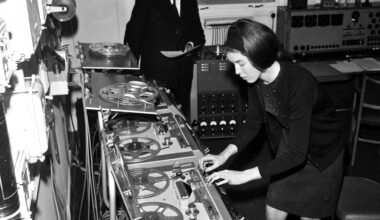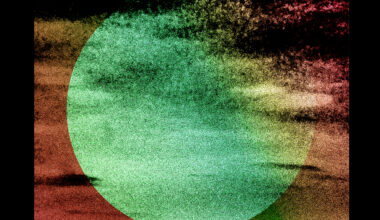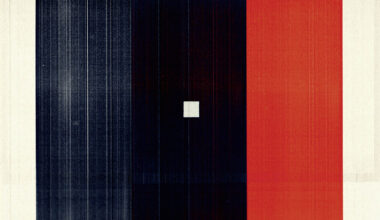By the time post-punk’s dressed-down urban anxiety began to define the late 1970s zeitgeist, Japan had already taken a couple of unsuccessful shakes of the musical dice.
Want to read more?
Sign up to Electronic Sound Premium to gain access to every post, video, special offers, and more. 100%, all you can eat, no commitment, cancel any time.
Already a premium member? Log in here





